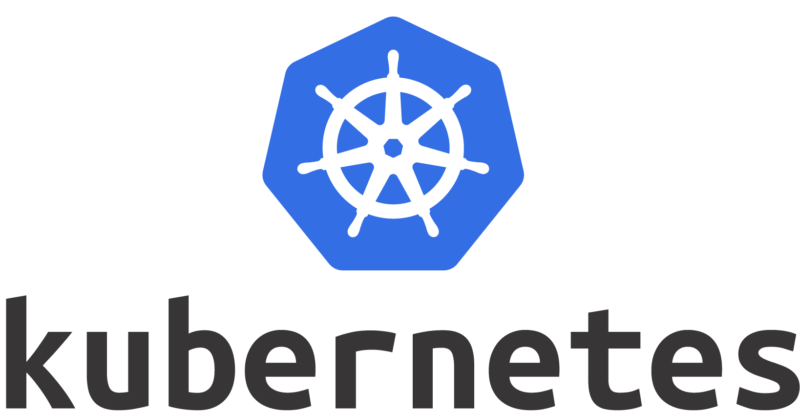Introduction to Kubernetes and DevOps: A Perfect Synergy
 Vishrut Ghotge
Vishrut Ghotge
Why Kubernetes is a Game-Changer for DevOps
In today’s fast-paced software development world, DevOps has become essential for delivering applications efficiently. One of the most powerful tools enabling this transformation is Kubernetes. Kubernetes (K8s) automates deployment, scaling, and management of containerized applications, making it a perfect fit for DevOps workflows.
What is Kubernetes?
Kubernetes is an open-source container orchestration platform designed to manage workloads and services efficiently. It eliminates manual processes related to container management by automating deployment, scaling, and networking.
How Kubernetes Complements DevOps
Automation – Kubernetes automates deployment, scaling, and load balancing, reducing manual intervention and enabling continuous delivery.
Scalability – With Kubernetes, applications can scale dynamically based on traffic and resource demands.
Infrastructure as Code (IaC) – Kubernetes enables declarative configurations using YAML files, making infrastructure management seamless.
Improved CI/CD Pipelines – Integrating Kubernetes with DevOps tools like Jenkins, GitLab CI/CD, and ArgoCD ensures faster software delivery.
Enhanced Fault Tolerance – Kubernetes automatically manages application failures by restarting pods and ensuring high availability.
Getting Started with Kubernetes
If you're new to Kubernetes, here are some essential steps to begin:
Install Kubernetes – Use Minikube for local development or cloud providers like AWS EKS, Google Kubernetes Engine (GKE), or Azure AKS.
Learn Basic Kubernetes Concepts – Understand Pods, Deployments, Services, ConfigMaps, and Persistent Volumes.
Deploy Your First Application – Create a simple YAML deployment file and run it on a Kubernetes cluster.
Explore Helm Charts – Use Helm to simplify Kubernetes application deployment.
Integrate with DevOps Pipelines – Implement CI/CD workflows with Kubernetes to automate deployments.
Conclusion
Kubernetes is revolutionizing the way DevOps teams build, deploy, and manage applications. Its automation, scalability, and resilience make it an essential tool for modern cloud-native development. In upcoming posts, we'll explore deeper topics like Kubernetes security, Helm charts, and GitOps to enhance your DevOps journey.
Stay tuned for more insights on Kube & Code! 🚀
Subscribe to my newsletter
Read articles from Vishrut Ghotge directly inside your inbox. Subscribe to the newsletter, and don't miss out.
Written by
